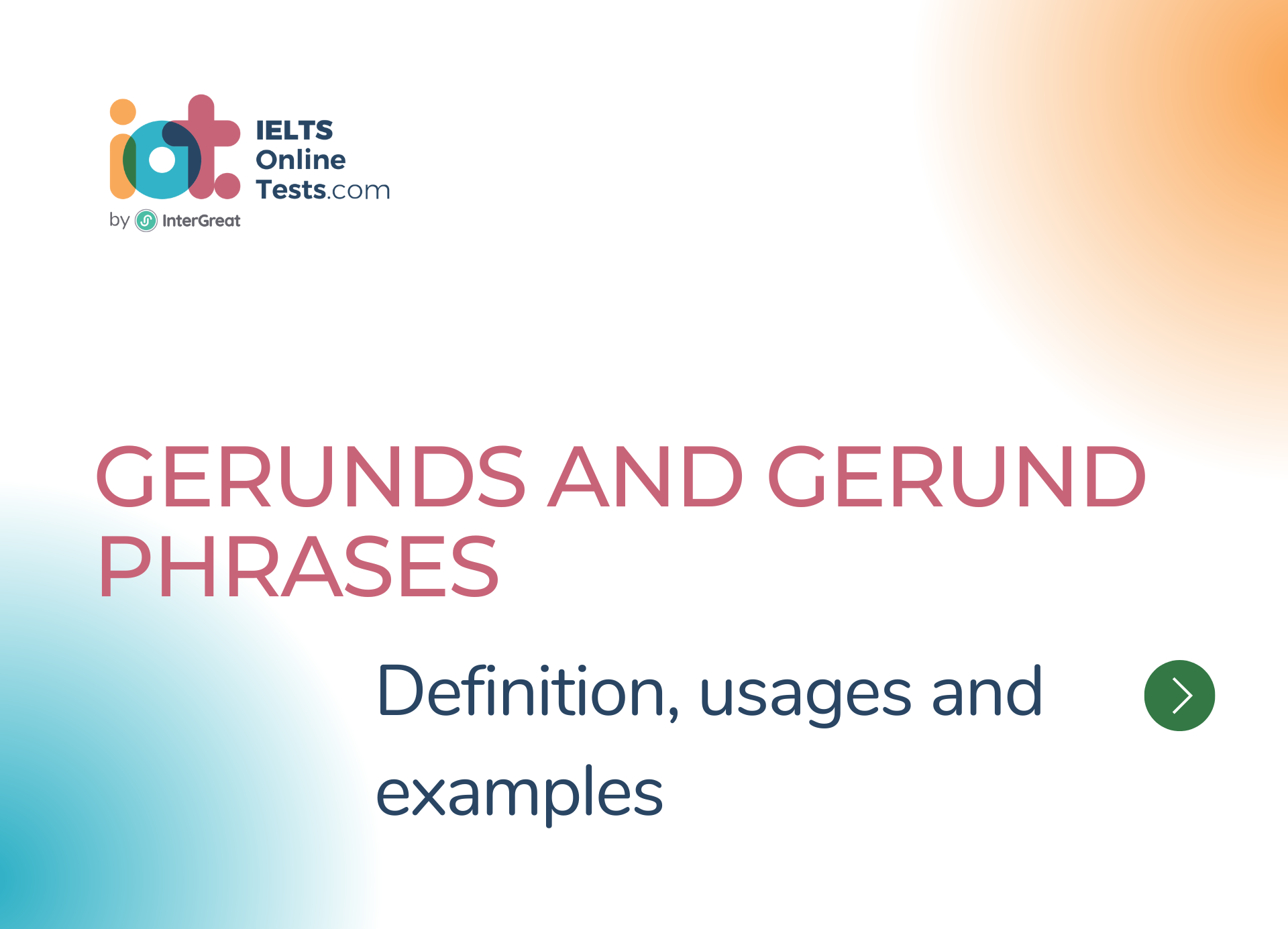
Gerunds and Gerund Phrases
Gerunds are verb forms that function as nouns in a sentence. They are derived from verbs by adding the "-ing" ending. Gerunds can be used as subjects, direct objects, objects of prepositions, and more. When a gerund is accompanied by modifiers or complements, it forms a gerund phrase.
Here's more information about gerunds and gerund phrases:
Gerunds as Nouns:
- Gerunds function as nouns and can occupy noun positions in a sentence.
- Examples:
- "Swimming is my favorite hobby." (subject)
- "I enjoy reading books." (direct object)
- "Her talent lies in singing." (object of a preposition)
Forming Gerund Phrases:
- Gerund phrases consist of a gerund along with its modifiers and complements.
- The gerund phrase as a whole functions as a noun in the sentence.
- Examples:
- "Running in the park every morning is a great way to stay fit." (Gerund phrase: "Running in the park every morning")
- "He loves playing the guitar with his friends." (Gerund phrase: "Playing the guitar with his friends")
Modifiers and Complements in Gerund Phrases:
- Gerund phrases can include modifiers such as adjectives and adverbs that describe or qualify the action of the gerund.
- Complements such as direct objects, indirect objects, or objects of prepositions can also be part of a gerund phrase.
- Examples:
- "She enjoys reading interesting novels." (Modifier: "interesting"; Gerund phrase: "reading interesting novels")
- "I appreciate your helping me with the project." (Complement: "helping me with the project"; Gerund phrase: "your helping me with the project")
Functions in Sentences:
- Gerunds and gerund phrases can perform various functions in a sentence, including subject, object, complement, and object of prepositions.
- They can also be used in compound subjects or objects, possessive forms, and more.
Understanding gerunds and gerund phrases allows you to use verb forms as nouns effectively in your writing. They add versatility and flexibility to sentence structures and contribute to clearer expression of ideas.




